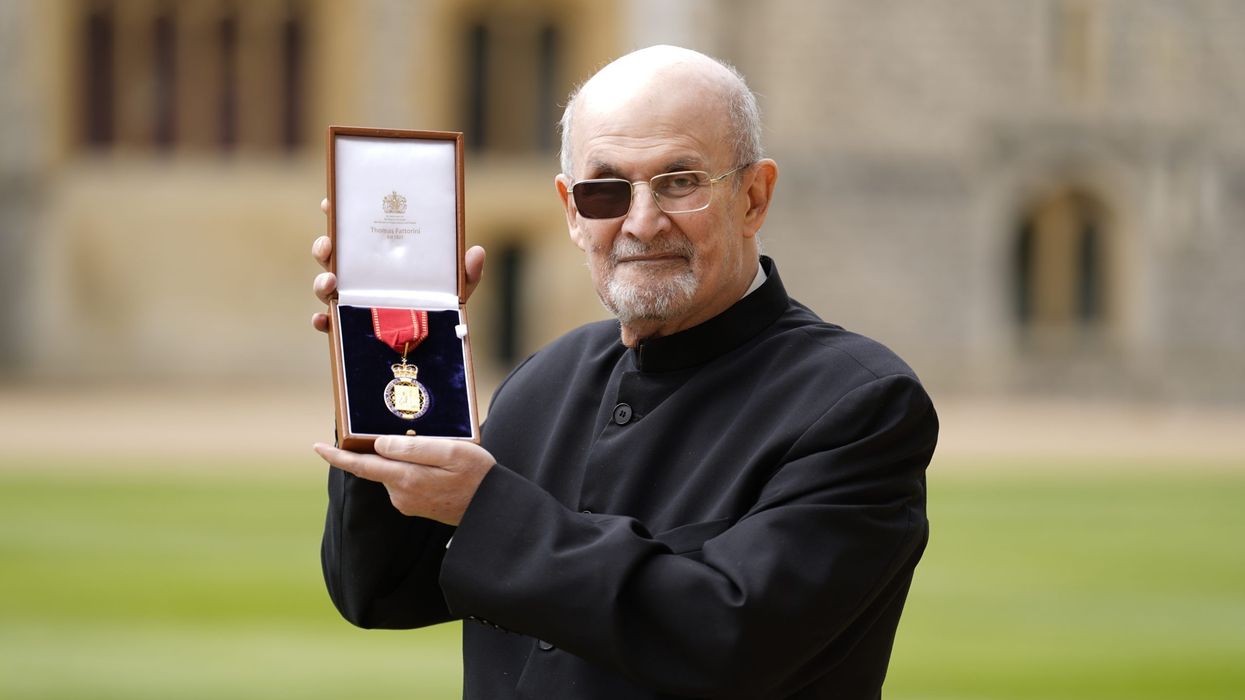Author Salman Rushdie revealed at the Hay literary festival (May 25 to June 4) which recently took place in Wales that he is currently working on a book recounting the incident in which he was stabbed on stage in New York last year, resulting in the loss of vision in one eye.
Speaking in a pre-recorded Zoom appearance, Rushdie expressed his intention to explore not only the attack itself but also its broader implications and meaning.
He acknowledged that writing this book, which he expects to be relatively concise, around a couple of hundred pages, poses a challenge but emphasised its necessity for him to move forward creatively. “I can’t really start writing a novel that’s got nothing to do with this … So I just have to deal with it,” he said.
Rushdie shared that he cannot begin writing a novel unrelated to this experience until he confronts and processes it.
Following the knife attack, the author spent six weeks in the hospital and continues to grapple with the physical consequences, including a loss of sensation in some fingertips that makes typing difficult.
The alleged assailant, Hadi Matar, has been charged with attempted murder.
Despite the ordeal, Rushdie conveyed that he is coping well and expressed his appreciation for the positive reception of his latest novel, Victory City, which had been finished prior to the attack and published afterward.
“I never take anything for granted,” he said. “Most people seem to like the book and that means a lot.”
During the festival, Rushdie was honoured with the Hay festival medal for prose for Victory City, with fellow authors Margaret Atwood, Elif Shafak, and Douglas Stuart praising the book's imaginative storytelling and thought-provoking themes.
The knife incident serves as a reminder of Rushdie's tumultuous past, as he had lived without round-the-clock security for two decades after being forced into hiding for nearly ten years due to a fatwa issued following the release of his novel The Satanic Verses in 1988.
The book faced accusations of being anti-Islamic, triggering widespread protests, death threats against Rushdie, and a bounty of $3 million (£2.5 million) placed on his head by Ayatollah Ruhollah Khomeini, the then-Iranian leader.




